

London's #1 web agency with 250+ stunning websites live
Flexible & affordable packages for every business, brand & budget
Websites laser-focused on impact, conversions, revenue & results
Hands-on guidance, support & ideas from our team of UK experts
A leading award-winning SEO agency with 75+ 5-star reviews
Extensive experience across multiple industries & brands
Specialists across technical & onsite SEO, content & link building
Packages for every business and budget, tailored to your goals
An official Google Partner PPC agency
Extensive expertise across multiple industries & campaigns
From campaign builds to day-to-day optimisation
Packages for every business & budget
Award-winning work, focussed on results

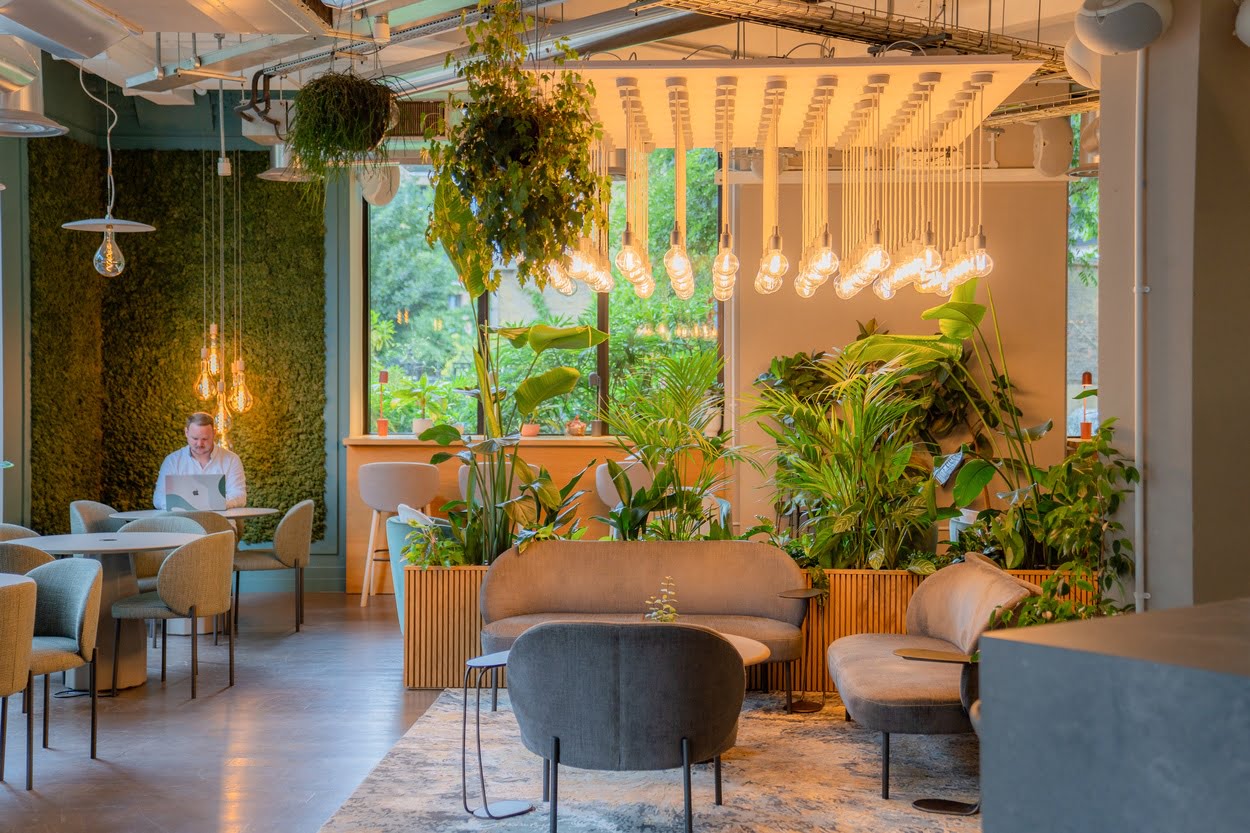
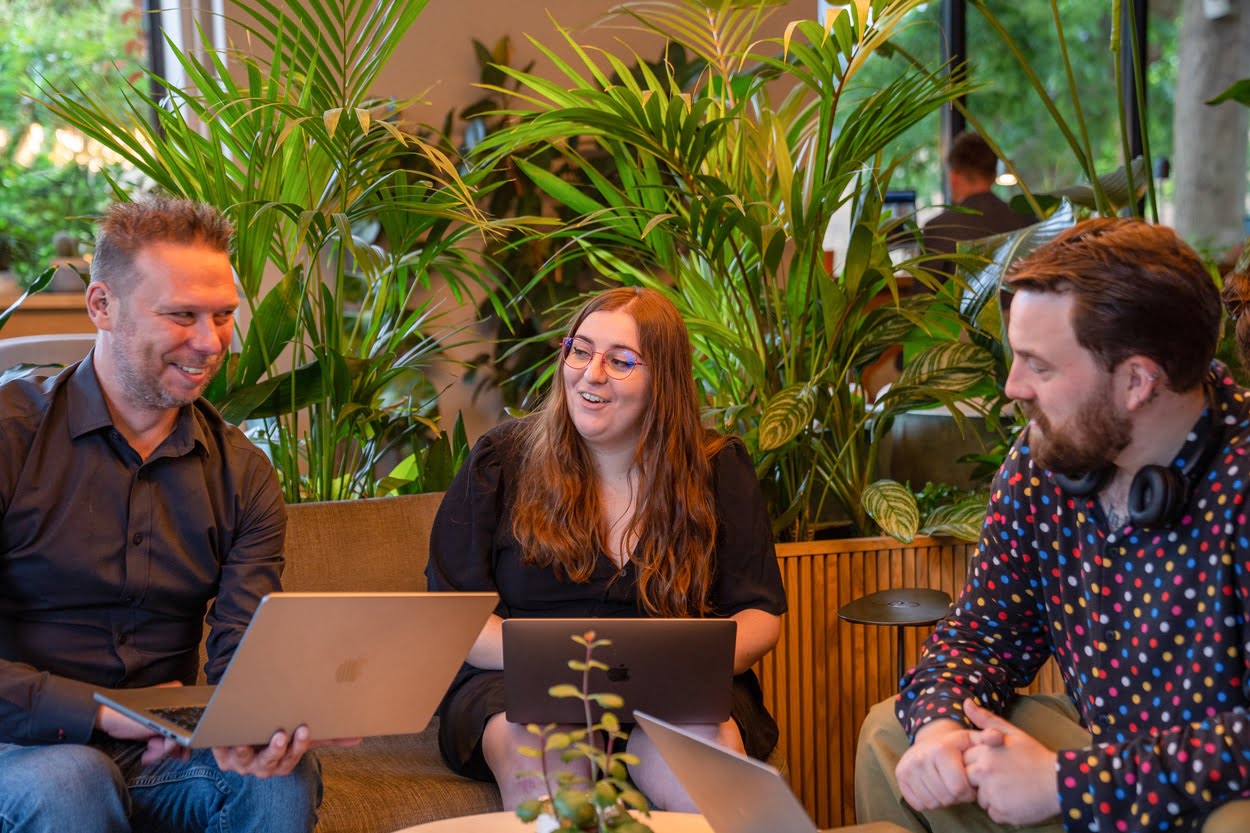

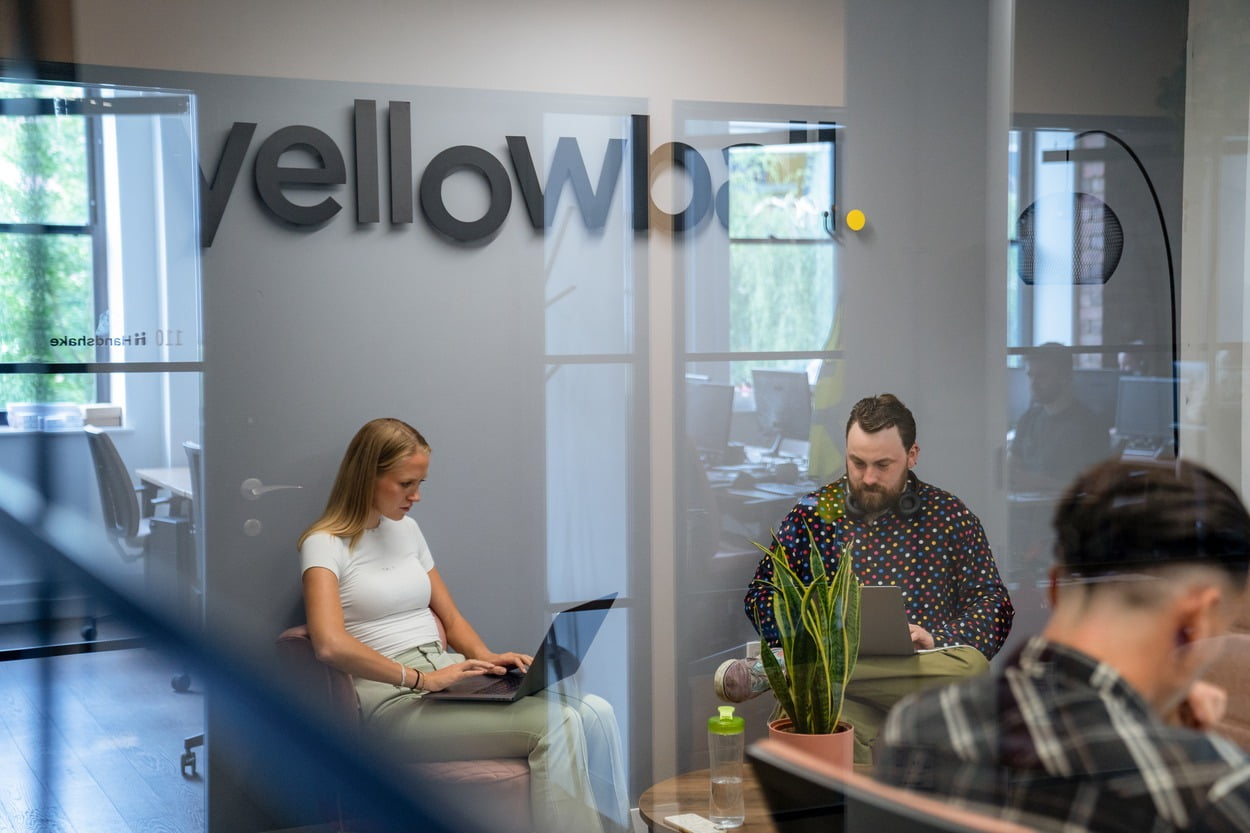

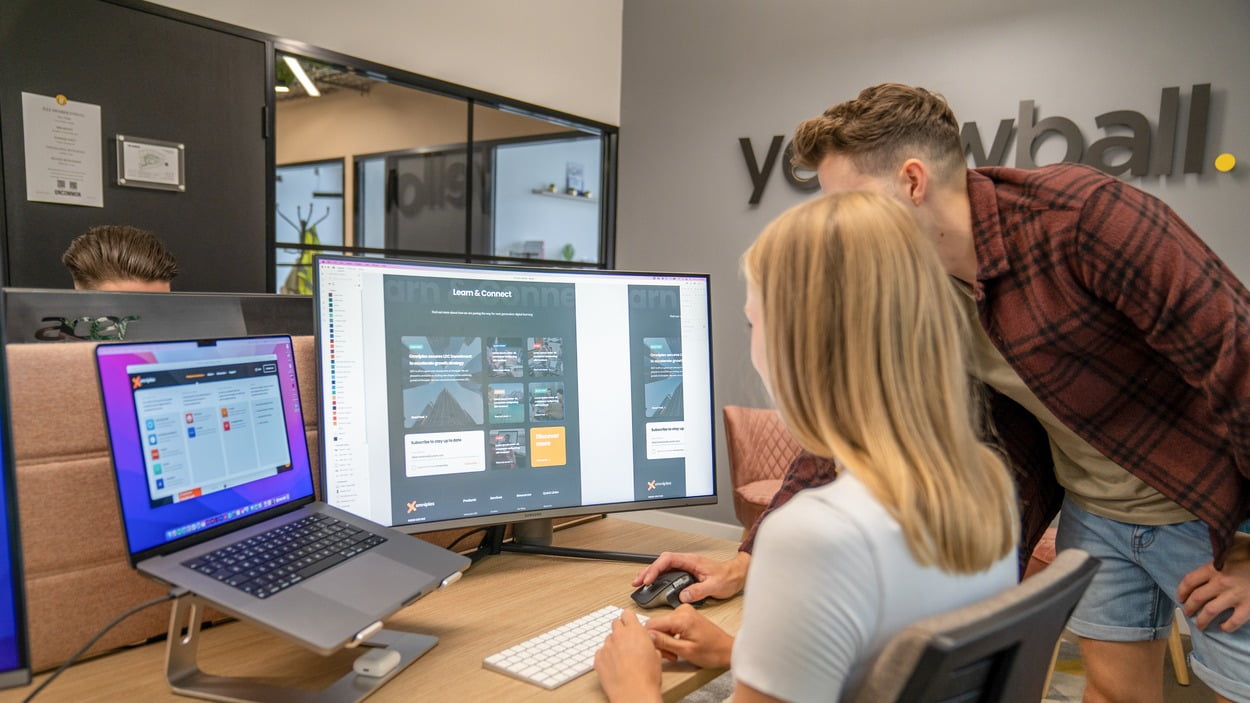
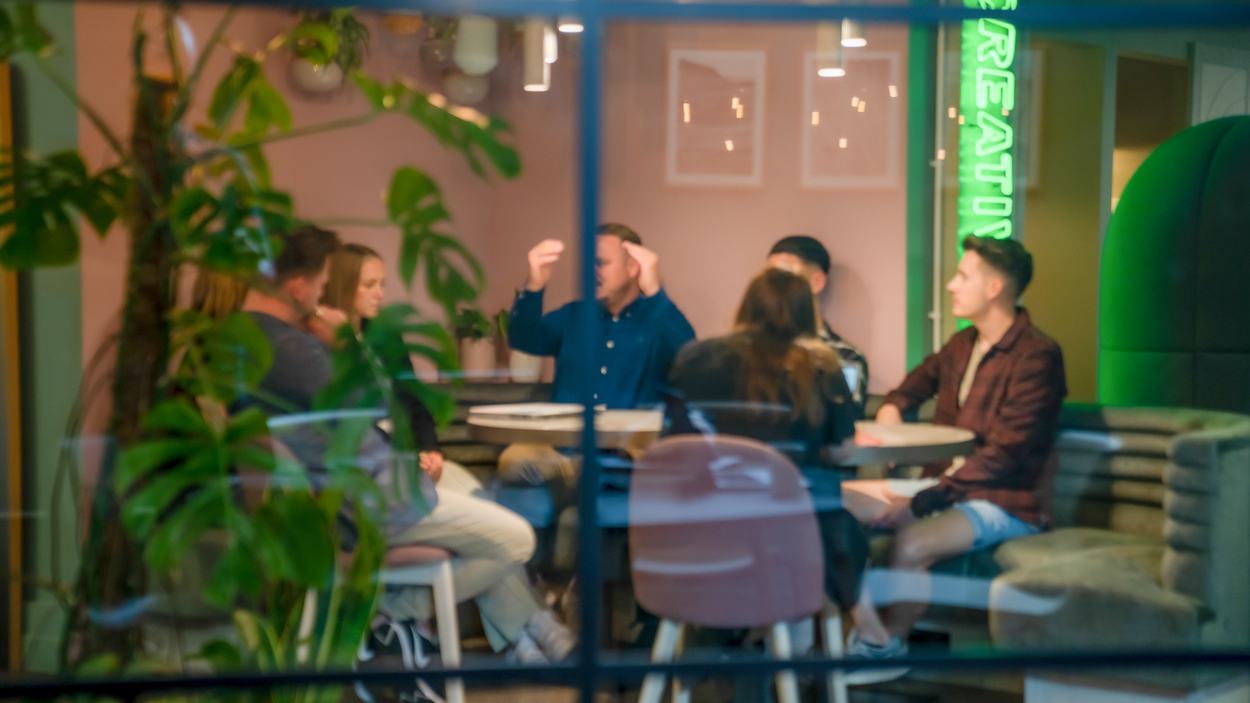

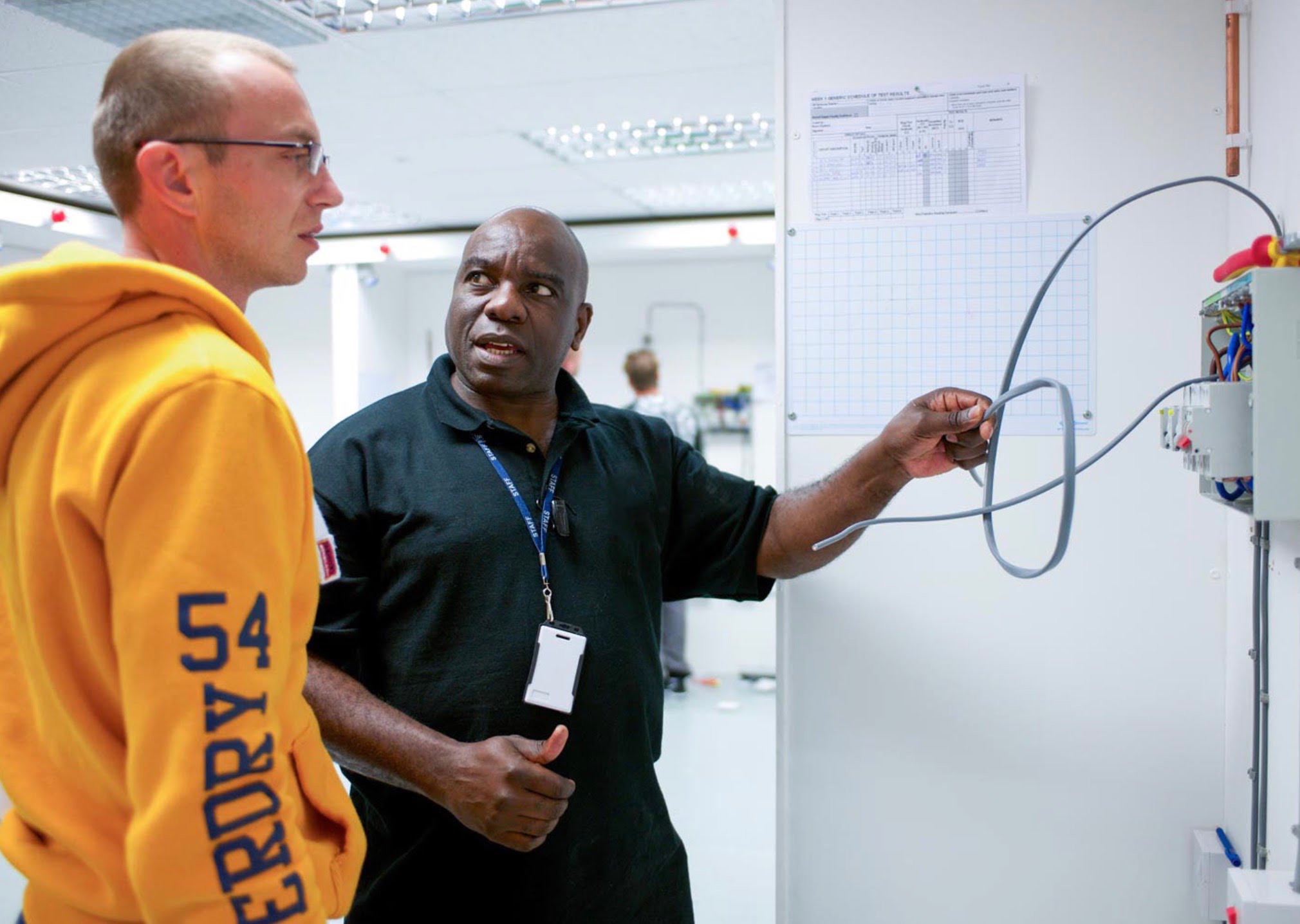

























 JENNIFER MASSON, TOMATIN DISTILLERY
JENNIFER MASSON, TOMATIN DISTILLERY

 PETE WILLIAMS, GERALD EVE
PETE WILLIAMS, GERALD EVE DANIEL LORD, CONTENT CATALYST
DANIEL LORD, CONTENT CATALYST DOMINIC DEAR, ADARA
DOMINIC DEAR, ADARA NICK CARTER, HARDING GREEN
NICK CARTER, HARDING GREEN IDEA DROP
IDEA DROP AMANDA HUBER, THE DINING CHAIR CO.
AMANDA HUBER, THE DINING CHAIR CO. POLLY GILBERT, GOODBOX
POLLY GILBERT, GOODBOX


